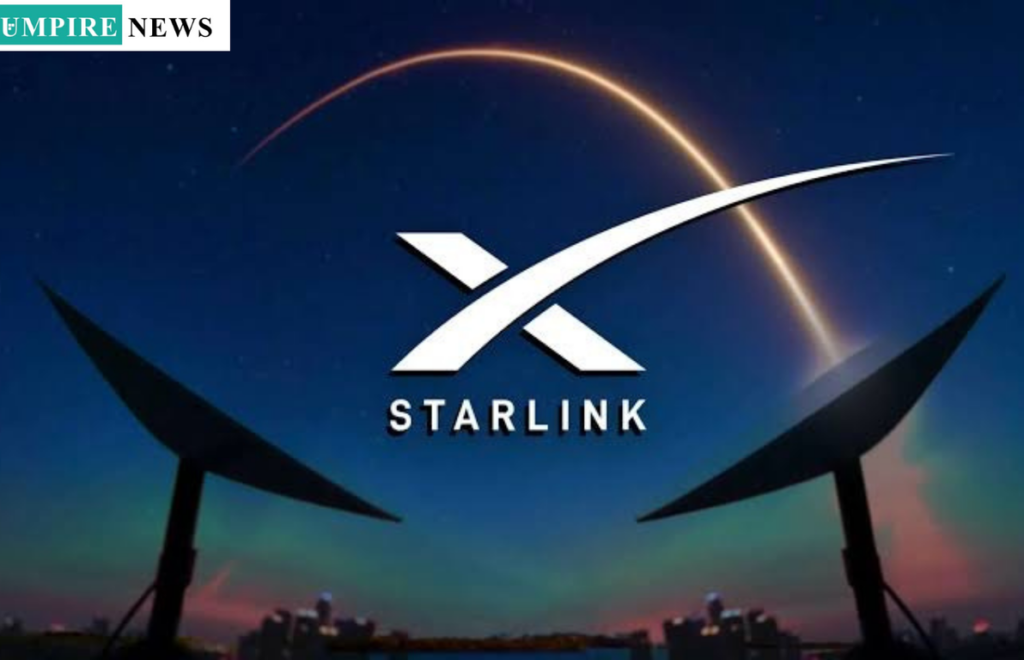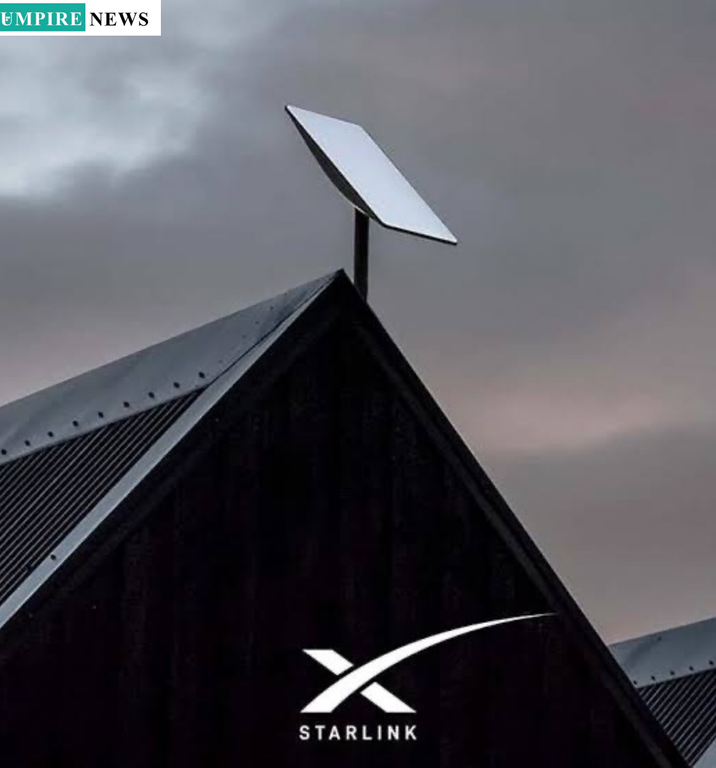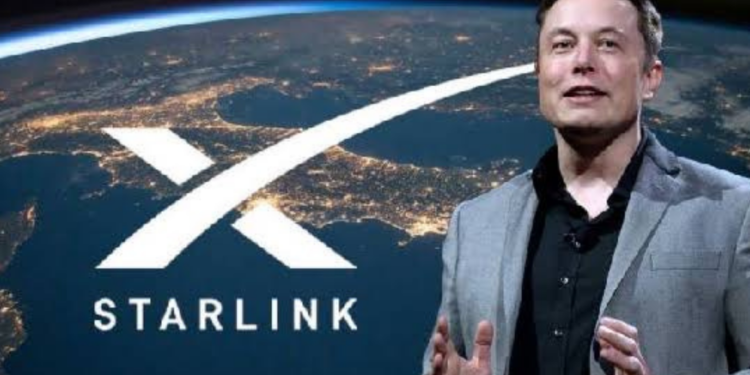The continued weakening of the naira is gradually putting Starlink out of reach for many Nigerians. Since its introduction to Africa’s most populous country in January, the price of Starlink’s kit has skyrocketed by 115.25 percent, now costing N590,000.
Starlink initially launched in Nigeria in January 2023, with the hardware priced at N274,098 and a monthly subscription fee set at N19,260.

However, due to the significant devaluation of the naira, the cost was soon adjusted, first increasing to N800,000, and then later dropping to N440,000 in 2024. Along with these fluctuations, the monthly subscription fee was raised to N38,000.
Unfortunately, continued currency devaluation has led to even further price increases. The hardware now costs N590,000, and the monthly subscription fee has climbed to N75,000.
Data from the FMDQ shows that between September 22, 2023, and September 20, 2024, the value of the naira plunged from N747.76/$1 to N1,541.52/$1, marking a significant 51.49 percent depreciation.

In response to these economic challenges, the satellite internet provider issued an email to customers, stating, “Due to excessive levels of inflation, the Starlink monthly service price will increase from current rates to the respective rates below: Standard (Residential) N75,000; mobile – regional (roam unlimited): N167,000; mobile – global (global roam): N717,000).”
The company further mentioned that these new prices would be effective for existing customers starting from October 31, 2024, while new customers would face the updated pricing immediately.
Despite the financial hurdles, Starlink has experienced rapid growth in Nigeria since its January 2023 launch, quickly establishing itself as the country’s third-largest internet service provider (ISP) with 23,897 active subscribers in just 12 months.
Nigeria was the first African country where Starlink launched its services, but since then, the company has expanded into 15 other countries across the continent.
In some of these nations, it has introduced various incentives to attract customers who might struggle with the full upfront payment.
For example, in Kenya, the company has implemented a rental option to provide more flexible access to its services for those unable to afford the total price at once.
































